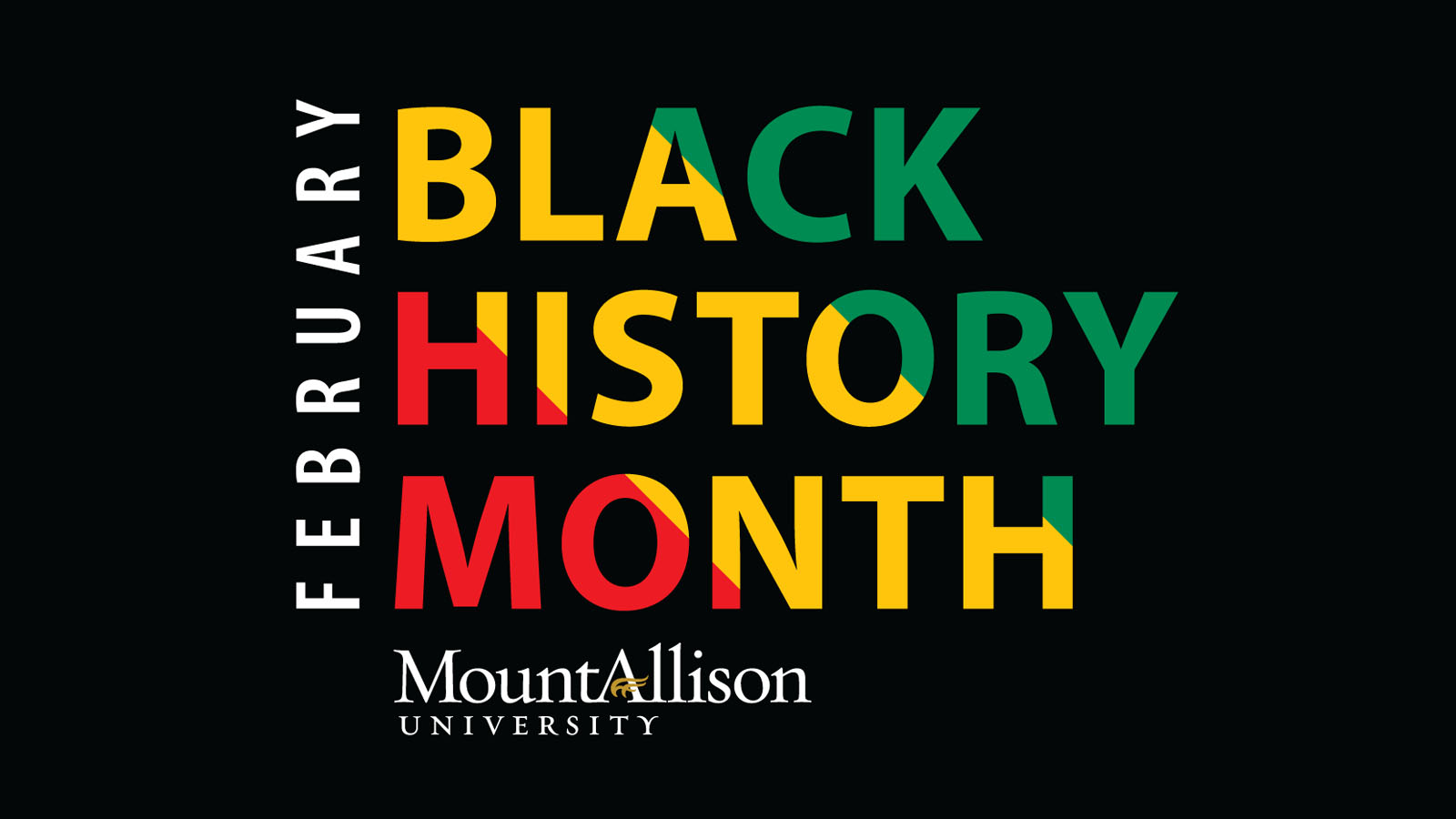Events celebrating diversity and inclusion take place throughout the year.

Black History Month — February 2026
Black History Month is about honouring the enormous contributions that Black people have made, and continue to make, in all sectors of Canadian society. It is about celebrating resilience, innovation, and determination to work towards a more inclusive and equitable country called Canada.
Pan-African Flag Raising
Friday, Jan. 30
12 p.m. | Next to the Owens Art Gallery
Celebrations for the month will kick off on January 30 with the Pan-African Flag Raising next to the Owens Art Gallery at 12 p.m. Students, faculty, and staff are encouraged to join the celebration and commemorate the beginning of Black History Month.
Bagtown Trivia
Wednesday, Feb. 4 | Door opens at 5 p.m
Organized by MtA’s Black Students’ Union.
Afro–Island Connect Friday (19+)
Friday, Feb. 6 | 10 p.m. – 2 a.m.
Ducky's
Enjoy music, drinks, and dancing. Organized by MtA’s Black Students’ Union.
Bystander Intervention (Student Session)
Monday, Feb. 23 | 6–7:30 p.m.
Windsor Grand Room
The seminar will be led by Matthew Martin from Black Lives Matter New Brunswick and provide participants with practical strategies to address racism through verbal and nonverbal interventions, promoting inclusivity and respect in all aspects of their lives.
Faculty & Staff Events
Faculty and staff can visit Black History Month 2026 on MtA Gateway to see upcoming events planned specifically for faculty and staff.
Black Excellence Gala
Saturday, Feb. 28 | A closed event for Black students
Organized by the Black Students’ Union
Pop – up Activities and Resources
Stay tuned for pop-up activities across campus with resources for students and information, led by Student Affairs staff.
For full details of events, follow on Instagram:
- MtA’s Black Students’ Union – @mtabsu
- African Students Association – @mta_asa
- Caribbean Students’ Association – @mta.csa
Resources on Black History in Canada
Mount Allison Anti-Racism PolicyMount Allison's Anti-Racism Policy covers students, staff, and faculty and lays out a process for responding to complaints and reports of racism on campus. To make a complaint, to reach out for help, or to seek guidance under the policy, contact the Anti-Racism Education and Response Team (ARERT) at antiracism@mta.ca. The ARERT is comprised of 7 members (4 staff, 2 students, 1 faculty) and is tasked with responding to complaints of racism, and facilitating anti-racism awareness and education on campus. |
Take action every day
The following resources help provide education around racism, unconscious bias, microaggressions, and more, and suggest ways you can support the ongoing work of eliminating all forms of racism and racial discrimination.
Unconscious bias
Ted Talk: Am I Biased?
Implicit Bias | Concepts Unwrapped
Gender and Leadership Implicit Association Test
Unconscious Bias Training by the Government of Canada
Microaggressions
Microaggressions in the classroom
Indigenous Canadian University Students’ Experiences of Microaggressions
Tool: Recognizing Microaggressions and the Messages They Send (pdf) (Adapted from Sue, Derald Wing, Microaggressions in Everyday Life: Race, Gender and Sexual Orientation, Wiley & Sons, 2010)
When and How to Respond to Microaggressions (Harvard Business Review, 2020)
Responding Effectively to Microaggressions: A Research-Based Workshop (pdf) Christy M. Byrd, PhD University of California, Santa Cruz
Additional resources
UN "Let's Fight Racism" — real life stories, how to fight racism, educational resources
Stand Up 4 Human Rights (#FightRacism) — information about hate speech, how to take action, more resources

